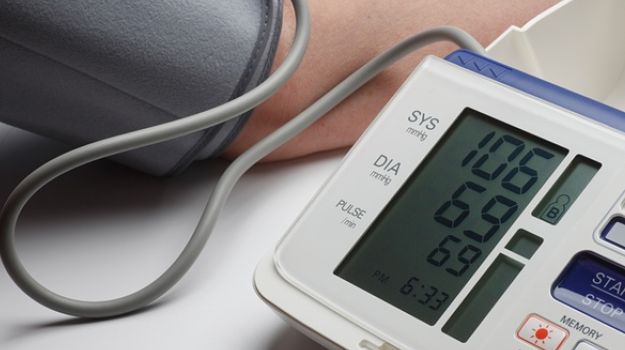This natural stimulant is safe only if taken in the right quantity.

Are you aware of the health risks of caffeine?
HIGHLIGHTS
- Tea, coffee, chocolate are the most common sources of caffeine
- Some peoples genes make them more vulnerable to caffeine
- If you are trying to conceive, you must cut down on caffeine
Caffeine, the natural stimulant consumed around the world by billions of people, can, in fact, pose some dangers. Tea, coffee, chocolate, and energy drinks are the most common sources of caffeine. Generally, it is considered safe but caffeine can pose some health risks if consumed in large quantities. It is addictive and some people's genes make them more vulnerable to caffeine. In case of pregnancies, it can pose a serious threat to the mother's health and the baby as well. This is why most people, who possess an undying love for coffee, switch to safer options like decaf coffee.

Photo Credit: iStock
Take a look at the many unknown dangers of caffeine consumption.
1. It can make you dependent
Excess intake of caffeine can make you dependent on it. When you take caffeine, it combines the adenosine receptors and overtime, your brain responds by making more of them. Eventually, your brain chemistry changes and you end up longing for more, hence making you dependent on it for the same effect.
2. It raises blood pressure
People, who already are dealing with hypertension or are not accustomed to regular consumption, experience a raised blood pressure due to caffeine consumption. In a study, it was found that people suffering from hypertension experienced an elevated blood pressure for 2-3 hours after drinking 2 cups of coffee (250 mg of caffeine).

Photo Credit: iStock
3. Breast tissue cyst in women
Excess caffeine can increase the risk of a fibrocystic breast tissue disease in women. In a study, it was found that women who consumed 250 mg of caffeine in a day had 1.5 times higher odds of developing this breast disease.
4. Insomnia
People consume caffeine to keep sleep away. But again, excess caffeine starts interfering with your sleep patterns. The symptoms are worse if it is taken during bedtime hours.

Photo Credit: iStock
5. Infertility in women
So if you are trying to conceive, you must cut down on caffeine. This is because a study conducted at the University of Nevada's School of Medicine revealed that caffeine reduces a woman's chances of becoming pregnant by 27%.
6. Risk of miscarriage
Even after you conceive, caffeine continues to be risky. Initially, the risk was for conception and fertility. But this time the risk is worse. Caffeine consumption, 2 beverages a day, by the mother or the father, can increase miscarriage risk.

Photo Credit: iStock
7. Delayed hearing loss recovery
If you were dealing with hearing loss and are trying to recover, you must avoid caffeine. It delays your recovery.
Other than these, the potential dangers of excess caffeine include disturbed heart rate, bone loss, risk of diabetes, allergies, etc.
How much caffeine is safe?
Caffeine can have health benefits if consumed in the right quantities. Experts suggest that 2-4 cups of coffee in a day are safe, and that too if the amount of caffeine in every serving is less than 200 mg. Fatal cases of over dosage have been reported when one serving was as much as 500 mg of caffeine. So remember, caffeine is safe, if taken in moderation.
DoctorNDTV is the one stop site for all your health needs providing the most credible health information, health news and tips with expert advice on healthy living, diet plans, informative videos etc. You can get the most relevant and accurate info you need about health problems like diabetes, cancer, pregnancy, HIV and AIDS, weight loss and many other lifestyle diseases. We have a panel of over 350 experts who help us develop content by giving their valuable inputs and bringing to us the latest in the world of healthcare.














